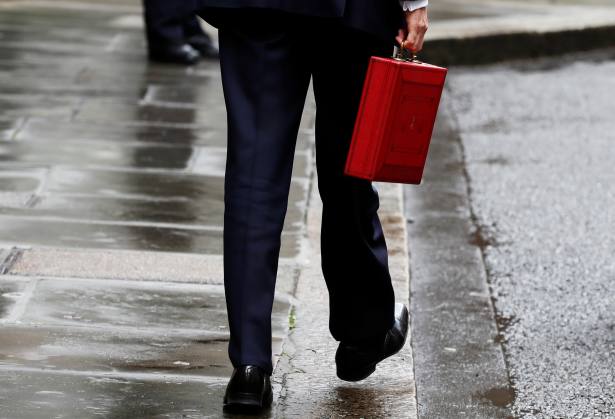“Whereas, in the north, the average house price for first-time buyers barely exceeded the previous stamp duty threshold so the benefit for many people will be almost non-existent.”
Moreover, there is still the question of a deposit: with ever-stringent affordability criteria imposed on lenders and borrowers by successive legislation such as the Mortgage Market Review and the European Union’s Mortgage Credit Directive, many lenders still require a significant deposit.
Given estimates put the average deposit for a first-time buyer in the UK at £32,899, this means the the stamp duty saving of £1,654 will only represent around 5 per cent of their deposit.
Mr Selby adds: “While that will help, it is difficult to see how this is going to fundamentally change the affordability of house purchases for first-time buyers.”
Simon Blowey, director of financial planning at Brewin Dolphin, is less convinced by the ‘helpful’ nature of this first-time buyer giveaway.
He opines: “The abolition of SDLT is a response to the recent election’s ‘Canterbury kids’ in a bid to turn them back from Labour, as well as a centrist fillip for aspirational professionals."
Housing starts
To address the lack of affordable housing in the UK, Mr Hammond reiterated pledges made by former cabinet ministers and repeated earlier in November by the Prime Minister Theresa May, who stated that construction of homes was a priority for the government.
Previous reviews, such as the Barker review of housing supply in 2004, cited a need for 200,000 homes to be built. Even as recently as this autumn, the Department for Communities and Local Government's (DCLG's) 21-page report, Housing supply - net additional dwellings, England: 2016 to 2017, indicated a shortage in supply.
Moreover, a combination of exponential house price rises, tightening lending criteria and lower construction output has created a problem with supply and demand: fewer affordable homes means fewer millennials getting onto the property ladder.
Over the past 13 years, the number of 25 to 34-year-olds owning a property (outright or with a mortgage) has dropped from 59 per cent to 38 per cent.
Mr Hammond told the House of Commons: "Put simply, successive governments over decades have failed to build enough homes to deliver the home-owning dream this country has always been proud of."
He cited the coalition government's Help to Buy scheme, which has helped more than 320,000 people buy a home, and the 1.1m new homes built since 2010, 350,000 of which fall into the 'affordable homes' category.
He pledged at least £44bn of capital funding, loans and guarantees to support the housing market, to "create the financial incentives necessary to deliver 300,000 net additional homes a year on average by the mid-2020s".
Other pledges for housebuilding include:
- New money for the Home Builders Fund.
- £630m small sites fund to unstick the delivery of 40,000 homes.
- £2.7bn to double the Housing Infrastructure Fund.
- £400m for estate generation.
- £1.1bn fund to unlock strategic sites.
- A lifting of HRA caps for councils in high-demand areas to get them building again.
- £34m to develop construction skills across the UK.
- £8bn of new financial guarantees to support private housebuilding.
- Establishing an "urgent review", chaired by Oliver Letwin, MP for West Dorset, to examine the gap between planning permissions and housing starts.
However, commentators were disappointed by the headline-grabbing pledges which, in their opinion, have not gone far enough to help build more homes.








